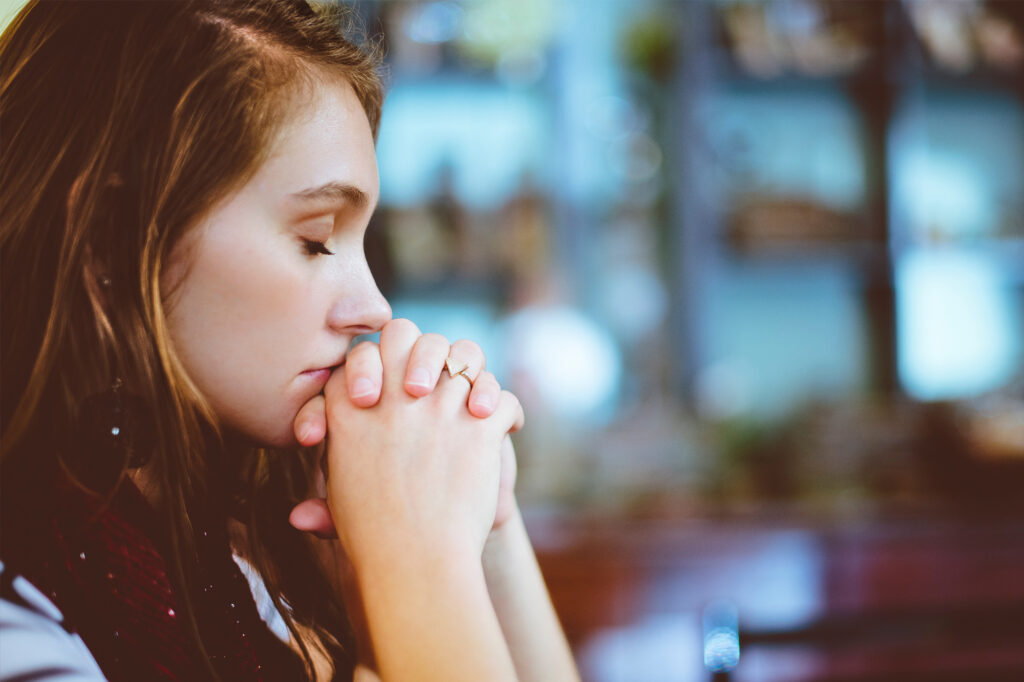We all feel anxious at times. In fact, occasional anxiety is a normal part of life. People may feel anxious when dealing with a problem at work or home; students feel anxious when preparing for a big test or interacting in a new social situation, and when important life decisions need to be made the anxiety level can grow for just about anyone. But for people who suffer from an anxiety disorder, their extreme feelings are not temporary and cause such distress that daily activities and the ability to lead a normal life is difficult to manage. This level of anxiety disorder is a serious mental illness. The constant and overwhelming worry and fear is disabling, but with proper treatment, people who struggle with this learn to manage their feelings and live a fulfilling life.
There are many different types of anxiety disorders, including the following:
Panic Disorder: recurrent, unexpected panic attacks including sudden feelings of terror. Common symptoms of a panic attack are heart palpitations, sweating, trembling, and a feeling of choking or difficulty breathing. Symptoms usually strike suddenly and without warning.
Generalized Anxiety Disorder: a person with this type of disorder will display excessive anxiety or worry for long periods of time and face symptoms such as muscle tension, problems sleeping (difficulty falling or staying asleep, or restless sleep), and constant restlessness or being on edge. This excessive, unrealistic worry and tension can go on for months, even if there is nothing to provoke the anxiety.
Social Anxiety Disorder: this worry centers around a fear of being judged by others and social situations where you may be embarrassed, rejected or ridiculed. Also known as social phobia, common symptoms include feeling highly anxious and self-conscious, feeling nauseous or sick to the stomach, blushing and sweating when around other people. This type of anxiety disorder involves extreme worry about everyday social situations and tends to make the person stay home instead of go in public.
Specific Phobias: these are extreme, intense fears of a particular thing or situation. Typically, the fear level is not proportionate to the situation and will cause a person to completely avoid everyday situations. Depending on the specific phobia, the symptoms will be similar to previously listed symptoms, such as heart palpitations, sweating, dizziness, and difficulty breathing.
If you or a loved one have a mental health condition, such as anxiety disorder, you are not alone. 1 in 5 Americans experience a form of mental illness in any given year, and world-wide 1 in every 20 adults is living with a serious mental health condition. Mental illness is not your fault, but there is still a widespread stigma surrounding mental illness largely due to misunderstandings or lack of education. Unfortunately, many people suffering from mental illness do not get help or seek treatment, but there is help available!
HealthStar Home Health offers therapeutic services to young people through our Children’s Therapeutic Services and Supports (CTSS) program. We also have a program focused on adults and their needs with our Adult Rehabilitative Mental Health Services (ARMHS) program. HealthStar Home Health is sensitive to the cultural needs of each person in our care and we offer culturally-relevant services to those suffering from mental health issues and teach a variety of skills that will help with independent living and social situations. We serve individuals and health care professionals in the Minneapolis and St. Paul area, as well as Duluth, Minnesota, Arizona and New Mexico.
At HealthStar Home Health, we believe if we join together as a society, people living with mental illnesses will be treated with respect and acceptance. We are here to help – contact us today!

